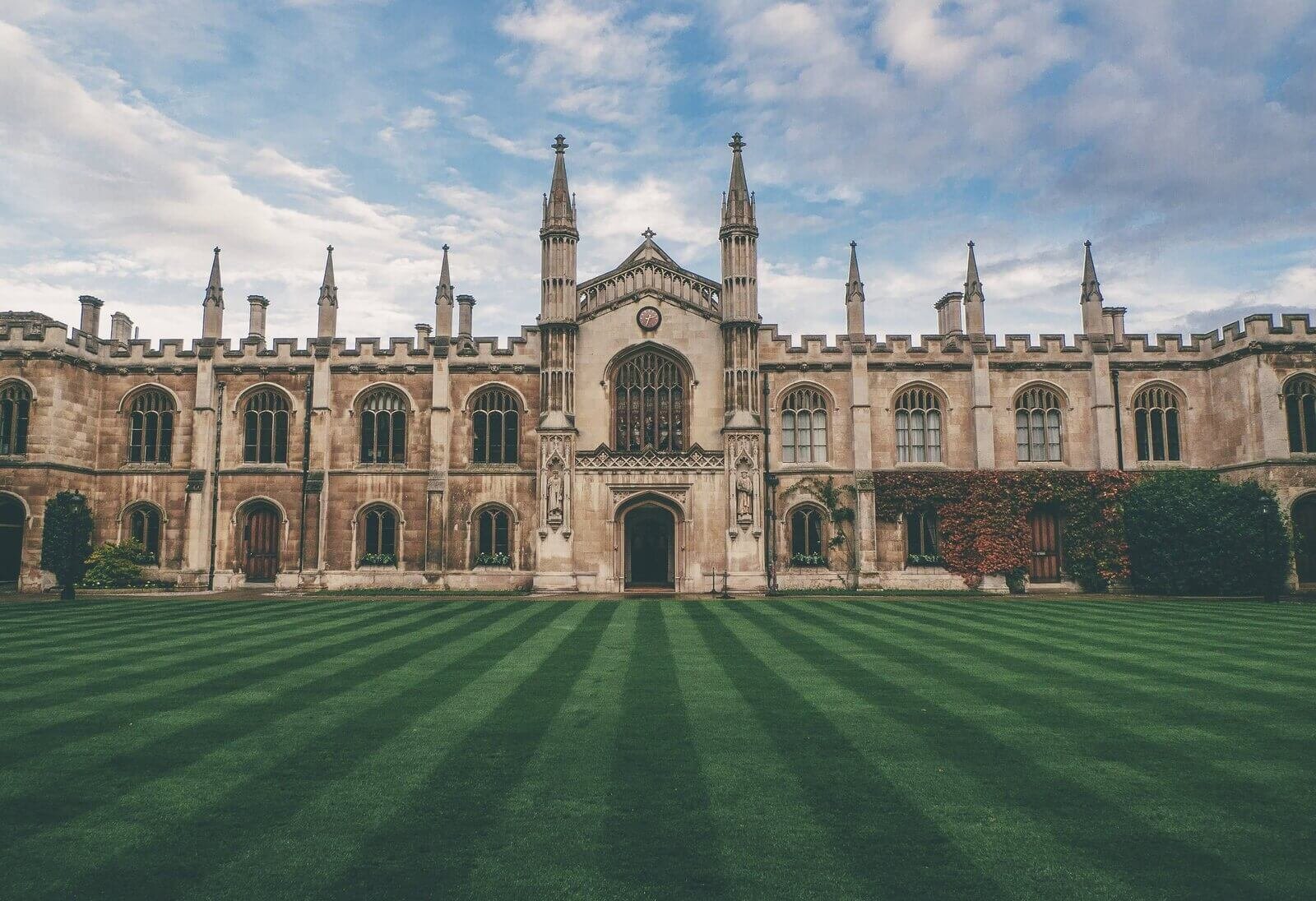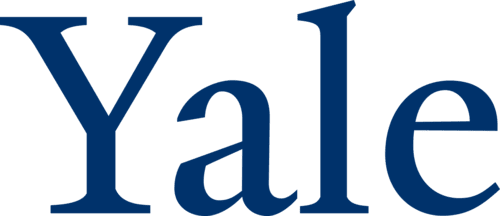Ace your IB History exam with the help of our tutors
Unleash your full potential with Our IB History Tutors and secure your dream university admission with the help of a personal IB History guide.
Our team of tutors at Think Smart helps you awaken your fullest potential to reach the best results of your IB History exam. Get a tutor. Think Smart, not hard.
Think Smart students now attend
IB History Course - Everything you should know
Below you will find all crucial informations concerning approaching IB History exam.
IB History Syllabus 2022-2023
International Baccalaureate History courses share the same base syllabus both on Higher (HL) and Standard (SL) levels. Although there are some extra topics you need to cover for Higher level.
World history topics (two to be studied)
SL and HL
1. Society and economy (750-1400)
2. Causes and effects of wars (750-1500)
3. Dynasties and rulers (750-1500)
4. Societies in transition (1400-1700)
5. Early Modern states (1450-1789)
6. Causes and effects of Early Modern wars (1500-1750)
7. Origins, development and impact of industrialization (1750-2005)
8. Independence movements (1800-2000)
9. Emergence and development of democratic states (1848-2000)
10. Authoritarian states (20th century)
11. Causes and effects of 20th-century wars
12. The Cold War: superpower tensions and rivalries (20th century)
HL Depth studies (one to be studied)
HL Only
1. History of Africa and the Middle East
2. History of the Americas
3. History of Asia and Oceania
4. History of Europe
Prescribed subjects (one to be studied)
SL and HL
1. Military leaders
2. Conquest and its impact
3. The move to global war
4. Rights and protest
5. Conflict and intervention
Internal assessment
SL and HL
Historical investigation
IB History Tutors from Think Smart
All Think Smart tutors have once been in your shoes - they are IB alumni.
They have struggled with the same problems that you have had and as a result are able to adjust quicker than an average IB teacher. Hence we grant you a personalized IB exam journey.
We put great weight on helping students understand concepts as opposed to simply memorizing formulae.
IB History - Exam Overview
The History program is designed to provide students with a comprehensive and in-depth understanding of history through a topical approach aiming to teach historical principles which can be observed in multiple events across time, culture, and nationality.
In other words, whether it’s ancient Greece, medieval France or modern Europe, the History curriculum will make sure to cover a wide range of topics, including rights and protest, Civil and interstate wars, authoritarian leaders, and wars.
These topics will require students to think critically, evaluate multiple sources, outweigh perspectives, and create historical interpretations.
IB History - Paper 1
Paper 1 is a document-based question paper, where students will be required to analyze and evaluate a selection of primary sources. Students are asked to write an OPVL (Origin, Purpose, Value, and Limitations) analysis of sources, compare and contrast sources based on topics, and answer an essay question.The key to a successful Paper 1 can be attributed to:
● Organized answer/essay structure;
● Choosing the arguments carefully;
● Being able to breakdown historical sources;
IB History - Paper 2
Paper 2 is a thematic paper, where students will be required to answer two questions based on the topics studied. The limited time attributed for each essay requires students to be knowledgeable about the topic and nimble when structuring their essay. As such, for a successful Paper 2, it is necessary to:
● Prepare evidence about your chosen topic (events, quotes, sources)
● Organize your essay in a “sandwich” structure (claim, counterclaim, claim)
● Provide as many differing analytical perspectives within your paragraphs
IB History - Paper 3
Paper 3 is similar to Paper 2 but with additional focus on using detailed evidence and case studies. Here, the examiners will expect more explicit and in-depth knowledge of data and relevant examples and evidence of historical events and their implications. Usually more vague, Paper 3 questions allow students to be free in the choice of focus which can be confusing given the vast array of historical events and angles to choose from. Therefore:
● Prepare 3-4 topics very well including quotes and statistics. (i.e. two 20th century wars, two types of influence of guerilla warfare, two Inter-war events)
● Organize your essay to showcase critical analysis
● Beware of your time constraint
Do you want to find out more?
IB History Internal Assessment - Historical Investigation
The Internal Assessment is an independent research project that you'll complete as part of your IB History coursework. It consists of three parts: the Source Analysis, the Investigation, and the Reflection.
Before explaining them, it is important to acknowledge the role of picking the right topic and research question. Not too wide, nor too narrow, your research question should be feasible to tackle and explore in 2200 words - with sufficient amount of analysis for a specific niche in the historical timeline.
Pick a topic you would be interested in as it is your chance to explore your own country’s History, or an event which interests you, but doesn’t fall within your school’s curriculum.
1. The Source Analysis
To be successful, it is important to choose sources which cover a similar aspect of your chosen historical event, but differing approaches and/or source types. A primary source (a speech or direct report) and a secondary source (an article or textbook) are a safe choice. Through conducting an OPVL, the student needs to showcase their analysis and compare and contrast skills in order to achieve the highest marks.
2. The investigation
Similar to an essay, the investigation allows students to have multiple arguments which accumulate in answering the research question. A vast array of sources, both primary and secondary, additional to the ones chosen for the source analysis should be used here in contrast and in unison in order to structure a reliable and relevant historical commentary. It would not be sufficient for a successful investigation to merely re-state and re-emphasize previous work. Instead, students should embody a historian by allowing for their own interpretation to emerge amongst their chosen sources and pathways to analysis.
3. The Reflection
Relatively clear-cut, a successful reflection requires a transparent overview of the learning process as a historian as well as the potential improvements of the discussion of the chosen research question.
The internal assessment is something that many students struggle with.
The struggle can range from getting a topic, through structuring ideas to finding a solution.
At Think Smart Tutoring we ensure that our tutees have support in every stage to ensure optimal results.
Every tutee requires different approaches and focuses, so we focus on finding the ideal path.
Want to find out more?
What our students and parents are saying on Google (4.9)
Master every IB subject with our expert tutors

The university of your dreams is within reach. Our IB Tutors are already there.
We can help you pass your IB Exam the way we helped thousands of our students.
2k+
students trained
94%
success rate
11+
years of experience













